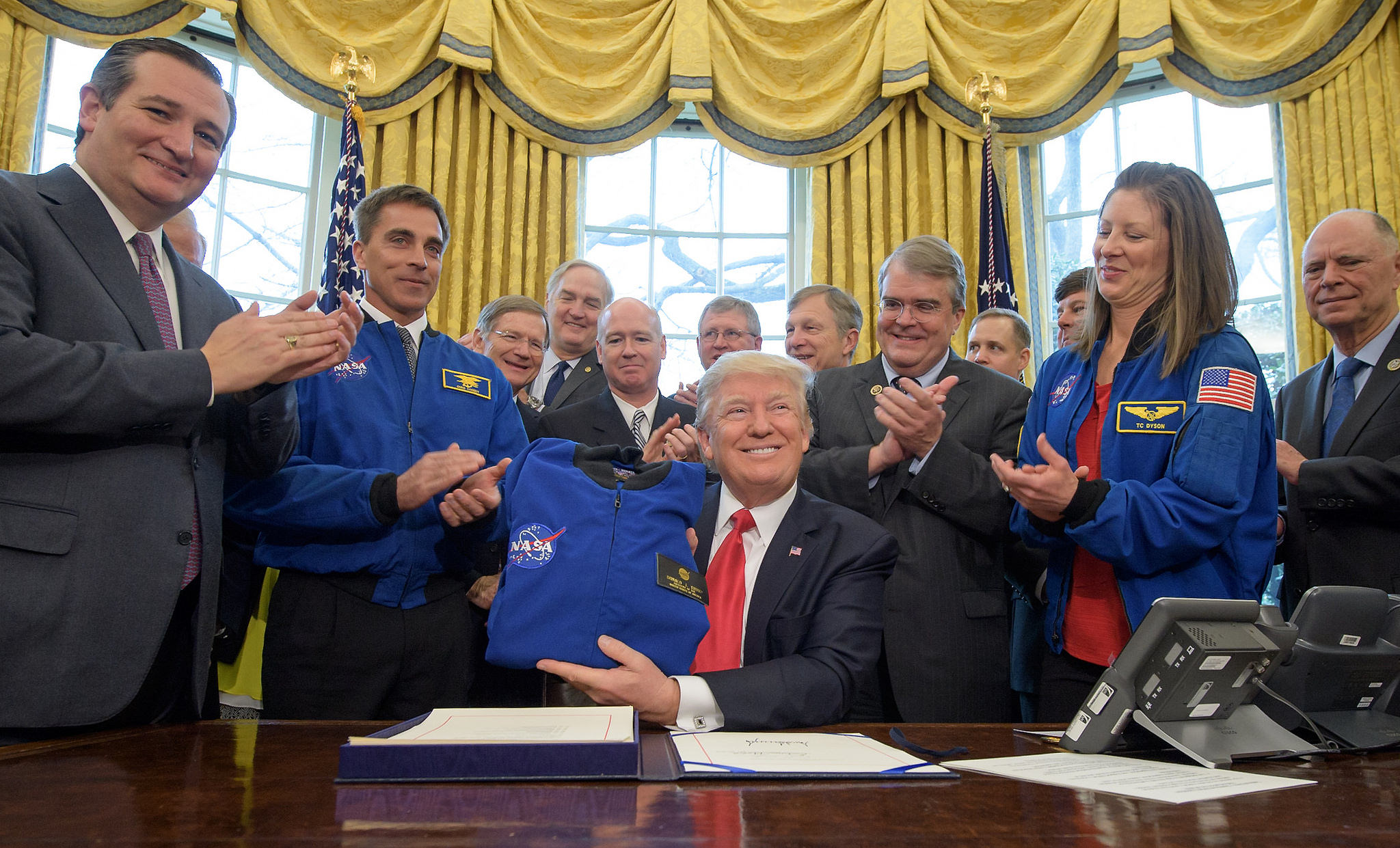Whether or not it’s a full-blown narcissistic personality disorder, you don’t have to be a psychologist to notice something peculiarly self-centered about Donald Trump—so much so that one major psych organization dropped its ban of speaking publicly about the mental health of politicians less than 200 days into his term.
In a recent newsletter, the brilliant cognitive neuroscientist Ian Robertson dug up a quote that speaks directly to the commander-in-chief’s particular way of relating to other humans. It’s what Trump told a biographer about the rich and famous people that come to Palm Beach to visit him.
“They all eat, they all love me, they all kiss my ass,” he reportedly told journalist Timothy O’Brien, author of TrumpNation: The Art of Being the Donald. “And then they all leave and say, ‘Isn’t he horrible.’ But I’m the king.”
To Robertson, this is textbook narcissism—as filtered through our president. Narcissists care little for approval, he warns; what they’re really after is admiration. They want be a ruler of vast domains (or real estate) and have everyone else kiss the rings.
That need for admiration “makes the narcissist’s ego a little like an electric car with a limited range before its batteries need recharging, making it dependent on the availability of charging stations,” Robertson explains. For Trump, campaign rallies were a charging station of glorious affirmation, so much so that he kept doing them—in a “Victory Tour”—after he’d already won the election. And amid the many setbacks his presidency has faced in Congress and the Courts, he now gets twice-a-day deliveries of positive news coverages to his office.
More darkly, it explains his recent insinuations about nuclear war. After all of his policy roadblocks, “the opportunity to obtain a major re-energizing boost to his battered ego is in the ‘fire and fury’ of military action,” Robertson says.
And that is the dark irony here: Narcissists often have such deprived childhoods that they learn that they don’t need to depend on anyone else emotionally, but they crave the admiration of the people around them. All this echoes the line from Machiavelli saying that for rulers, “it’s better to be feared than loved.” In the case of Donald, it’s better to be admired than approved of — as shown, appropriately enough, in his ever-declining approval ratings.


